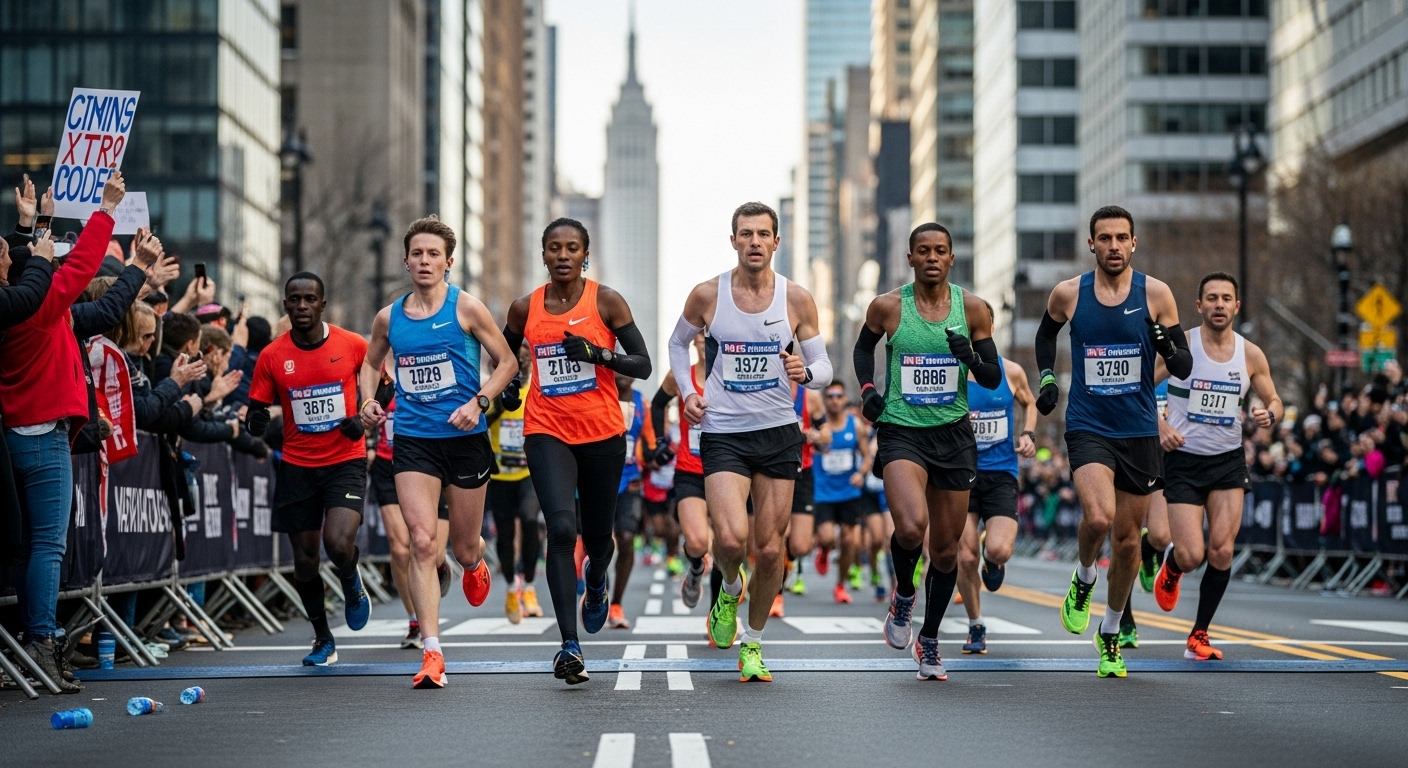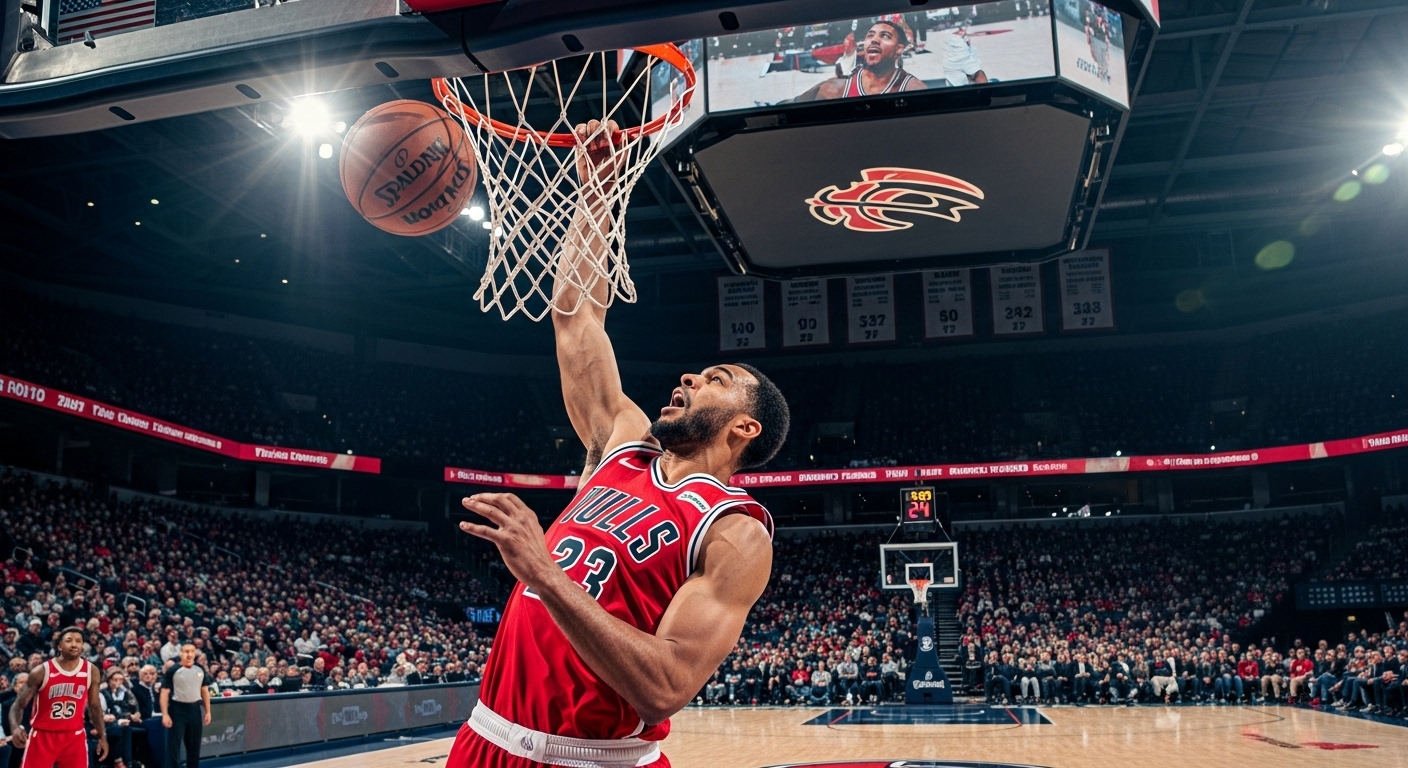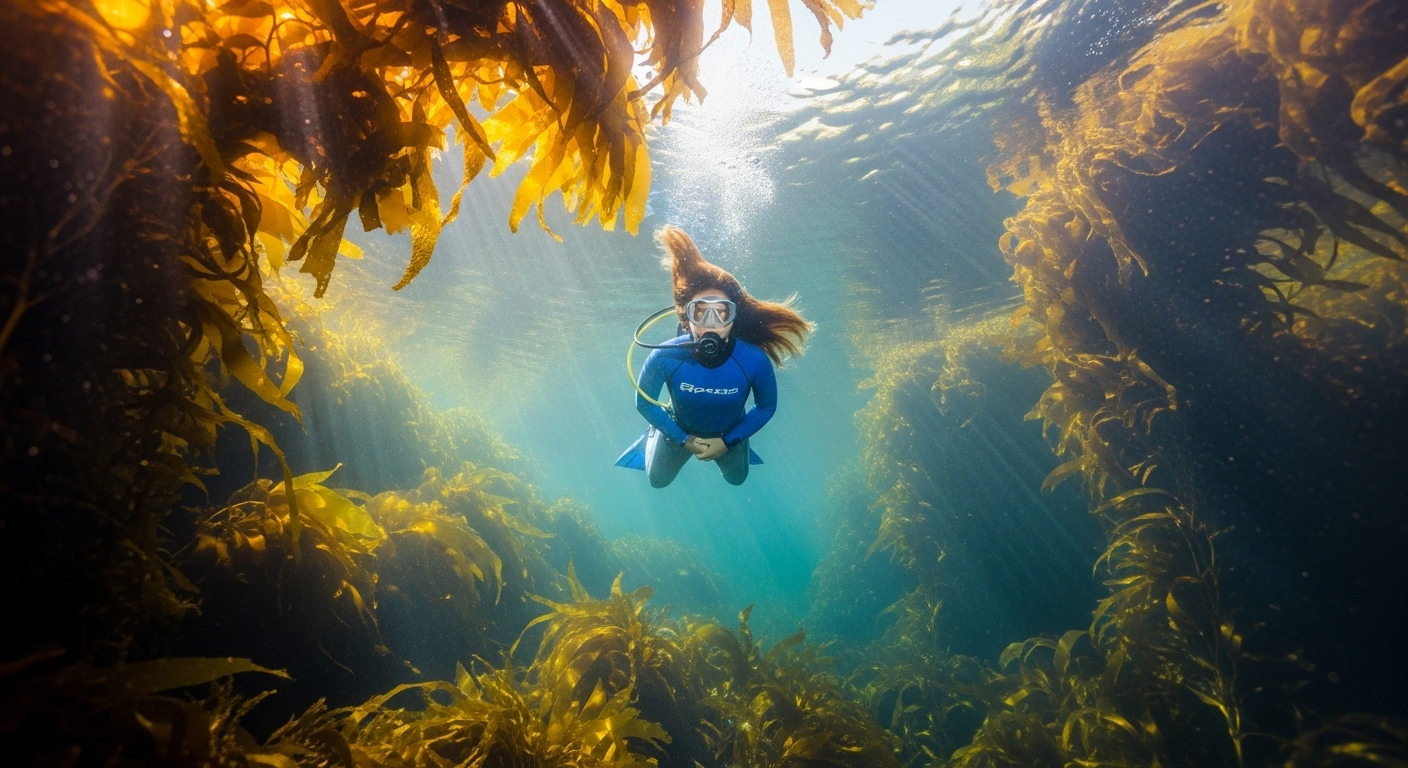The marathon has always held a unique place in the world of athletics. Rooted in legend from the story of Pheidippides running from the battlefield of Marathon to Athens, the event has come to symbolize endurance, courage, and human willpower. Across history, countless runners have tested themselves over the 26.2-mile distance, but a select group stand out as the best marathon runners in history, those who not only won races but redefined what was possible, inspired generations, and left behind legacies that shaped the sport forever.
To begin understanding who deserves recognition among the greatest marathon runners, it is important to appreciate how the marathon itself evolved. In the early twentieth century, the marathon was still a developing event, with relatively small fields and limited global participation. Yet even then, extraordinary individuals emerged who captured the imagination of fans. One of the earliest stars was Abebe Bikila of Ethiopia, whose barefoot victory in the 1960 Rome Olympics stunned the world. Not only did Bikila win gold while running without shoes, he also repeated the feat four years later in Tokyo, becoming the first man to defend an Olympic marathon title. His story resonated because it represented the rise of African dominance in long-distance running, and his effortless style inspired athletes across continents.
Another name that belongs firmly in discussions of the greatest marathoners is Frank Shorter, the American runner who won the gold medal in the 1972 Munich Olympics. Shorter’s victory was significant because it helped ignite the running boom in the United States, turning the marathon from a niche event into a mass-participation phenomenon. His influence extended beyond his Olympic success, as his consistent performances in marathons demonstrated the value of discipline, preparation, and smart pacing. Shorter made the marathon more accessible to everyday runners by embodying the image of the dedicated but relatable athlete.
In the late twentieth century, the marathon began to see dramatic improvements in performance standards as training methods, nutrition, and global competition advanced. Carlos Lopes of Portugal captured global attention in 1984 when he became the oldest Olympic marathon champion at 37 years of age, setting an Olympic record in Los Angeles. Lopes showed that experience and resilience could triumph over youth, and his victory inspired many older athletes to pursue marathon running with renewed confidence. Around the same time, Ingrid Kristiansen of Norway was breaking barriers in women’s marathon running. She set a world record of 2:21:06 in 1985 that stood for years, and her dominance helped establish the marathon as a serious and prestigious event for female athletes.
Another historic figure is Tegla Loroupe of Kenya, who became the first African woman to win a major marathon when she triumphed in New York in 1994. Loroupe went on to hold the world record and became a role model for African women in sport, showing that endurance running was not the exclusive domain of men. Her courage and determination extended beyond racing, as she later became a peace activist and humanitarian, further cementing her place among the most influential marathoners in history.
As the marathon moved into the twenty-first century, the event witnessed an explosion of talent, especially from East Africa. Kenya and Ethiopia emerged as dominant powers, producing champions who shattered records and won the world’s most prestigious races. Paul Tergat, an accomplished cross-country and track runner from Kenya, transitioned to the marathon with remarkable success. In 2003, he set a world record of 2:04:55 in Berlin, becoming the first man to break 2:05. His duel with Ethiopian legend Haile Gebrselassie, himself a multiple Olympic and world champion on the track who later turned to the marathon, symbolized the rivalry between the two nations. Gebrselassie’s victories in Berlin, including two world records, demonstrated his versatility and endurance, proving that a track superstar could successfully transition to the marathon.
On the women’s side, Paula Radcliffe of Great Britain established herself as arguably the greatest female marathon runner in history. In 2003, she set the world record of 2:15:25 in London, a time so far ahead of her contemporaries that it stood unchallenged for more than 16 years. Radcliffe’s aggressive front-running style and extraordinary endurance made her nearly unbeatable at her peak. Though Olympic success eluded her, her times and dominance in major city marathons secured her place among the greatest marathoners ever.
One cannot discuss the best marathon runners without focusing on Eliud Kipchoge of Kenya, widely regarded as the greatest marathoner in history. Kipchoge has won almost every major marathon he has entered, including two Olympic gold medals and multiple London and Berlin titles. In 2018, he set the official world record in Berlin with a time of 2:01:39, a performance hailed as one of the greatest in athletics. Kipchoge’s calm demeanor, humility, and philosophical approach to running have made him a global icon. In 2019, he achieved the seemingly impossible by running a marathon in under two hours during the INEOS 1:59 Challenge, clocking 1:59:40 in a specially arranged event. Though not an official world record due to the controlled conditions, the achievement was historic, proving that the sub-two-hour marathon was within human reach. Kipchoge’s legacy goes beyond times and medals; he has inspired millions with his belief that “no human is limited.”
Another towering figure in recent years is Brigid Kosgei of Kenya, who broke Paula Radcliffe’s long-standing women’s world record in 2019 by running 2:14:04 in Chicago. Kosgei’s performance redefined expectations for women’s marathon running, showing that the boundaries Radcliffe had set could be surpassed. Her rise reflects the depth of talent in women’s distance running today, with a new generation of athletes emerging from Kenya, Ethiopia, and beyond.
The marathon has also been shaped by athletes who consistently delivered in major championships, not just by those who set records. Catherine Ndereba of Kenya, known as “Catherine the Great,” won two world titles and two Olympic silver medals, as well as multiple victories in Boston and Chicago. Her resilience and tactical brilliance made her one of the most respected marathoners of her era. Similarly, Meb Keflezighi, born in Eritrea and representing the United States, won the 2004 Olympic silver medal and famously triumphed in the 2014 Boston Marathon, becoming a symbol of hope and resilience for a city recovering from the 2013 bombing tragedy.
In Japan, a nation with a deep marathon culture, runners such as Toshihiko Seko became legends through their consistent performances and victories in major city marathons during the 1980s. The Japanese passion for the marathon has also produced remarkable stories of corporate team runners who dedicate their lives to the sport, adding a unique cultural dimension to marathon history.
The history of marathon running is also marked by moments of breakthrough that go beyond times and medals. Joan Benoit Samuelson’s victory in the inaugural women’s Olympic marathon in 1984 was a landmark moment that gave global recognition to women in distance running. Her triumph in Los Angeles proved that women could excel at the highest level in the marathon, inspiring generations of female athletes worldwide. Similarly, stories of underdogs achieving greatness, such as Stephen Kiprotich of Uganda winning the 2012 Olympic marathon, demonstrate that the marathon remains an event of unpredictability and human triumph.
When examining who the best marathon runners in history are, one must consider not only their times and victories but also their impact on the sport and society. Runners like Bikila, Radcliffe, and Kipchoge did more than win races—they shifted perceptions of what was possible. They brought global attention to the marathon, inspired millions to take up running, and became symbols of resilience, courage, and determination.
The best marathon runners are those who embody the spirit of the event itself. The marathon is not just about speed but about strategy, perseverance, and the ability to endure physical and mental challenges. It rewards consistency, patience, and courage under pressure. The legends of the marathon, from Bikila to Kipchoge, from Radcliffe to Kosgei, have all demonstrated these qualities in abundance.
As the sport continues to evolve with advances in training, nutrition, and technology, new champions will emerge, and records will continue to fall. Yet the legacy of the greatest marathoners will remain timeless, because they represent more than numbers on a clock. They symbolize the human capacity to push boundaries, to endure suffering, and to achieve greatness against the odds. The marathon is the ultimate test of endurance, and those who have conquered it at the highest level will forever be remembered as the best in history.



